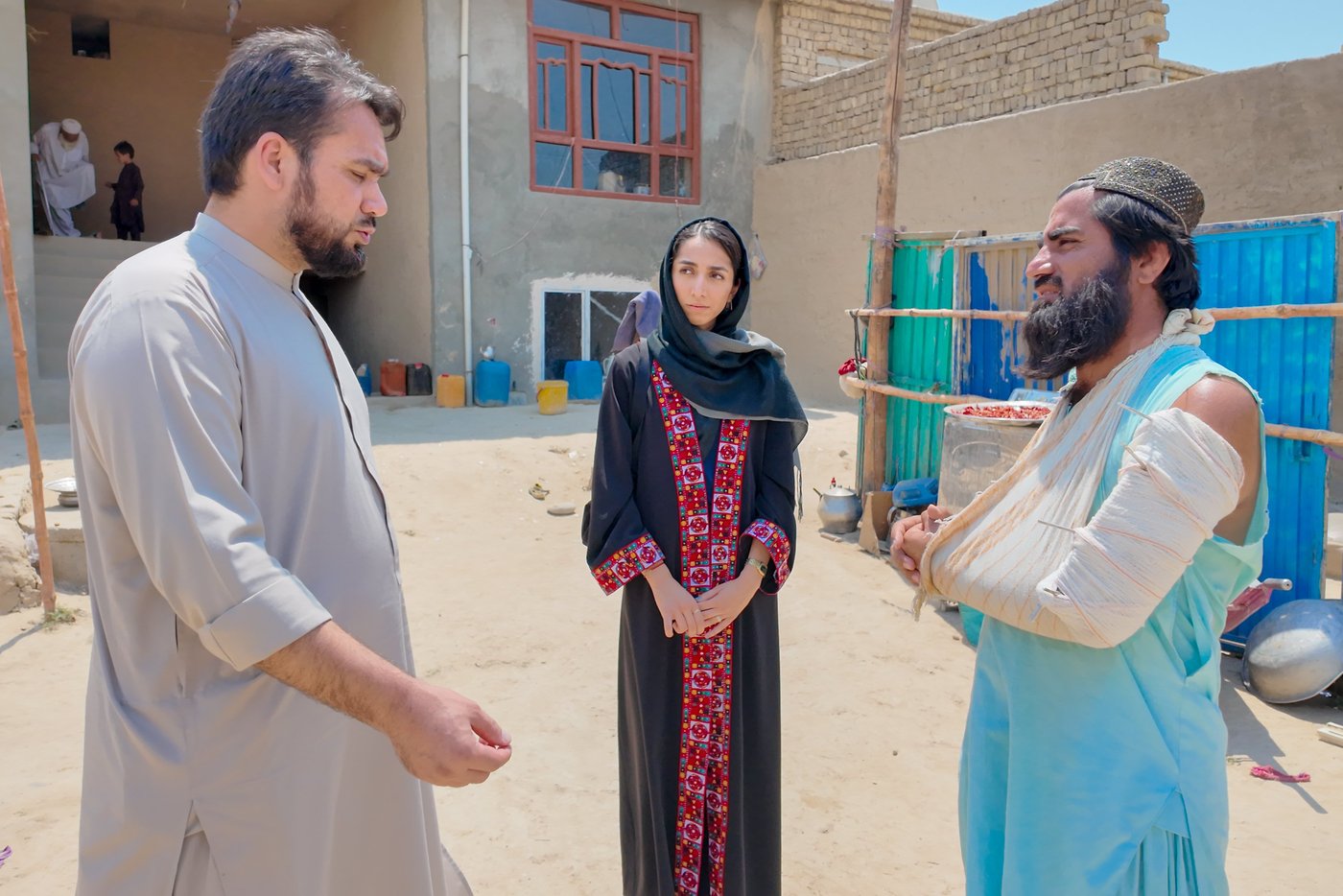The monthly rent is 3,500 Afghanis (about 50 US dollars), split between the four households. Even that is a burden they can barely afford.
“Honestly, it’s difficult to pay even this much,” says Abdul Basir quietly. “None of us have jobs.”
A life on the move
An Afghan citizen, Basir was born in Quetta, Pakistan, where he married and raised his children. For several years, he made a living driving a rickshaw, enabling him to put food on the table and keep his family afloat. But eventually, with little hope of a stable future and with creeping addiction taking hold, he left Pakistan for Iran in search of work.
“I was unemployed and had started using crystal meth,” he says, “That is when I decided I had to leave. Iran was my only hope.” He overcame his addiction soon after arriving in Iran and was able to find employment there.
He worked in cities like Isfahan and Shiraz, saving what little he could. But life remained unstable. When the Pakistani government announced that all undocumented Afghans must leave the country or face deportation, he returned to Afghanistan. He brought only a few clothes and rugs with him – everything else had to be left behind.
A painful return
The journey home came with its own tragedy. Basir fell from the truck that was carrying the family’s belongings and broke his arm. In Kandahar, a humanitarian organisation supported him by covering the expenses of his initial surgery. He then had to borrow some money from a former employer in Iran and underwent a second round of surgery in Kabul.

But neither procedure went well, and his arm still hasn’t healed. “If I want proper treatment, I will have to go back to Pakistan for surgery,” he says. “But I cannot afford that.”
The challenges did not stop there. In the compound where the families now live, there is no running water. They pay 1 Afghani (about 0.014 US dollars) per litre to buy water from vendors. Food is scarce. Work is even scarcer.

On 29 July, the Norwegian Refugee Council (NRC) provided Abdul Basir with 17,500 Afghanis (253 US dollars) in emergency assistance. “I had to use it to repay debts, buy food, and cover rent,” he says. “It is already almost gone.”
His voice cracks when he mentions his three-month-old daughter. “I don’t even have money to buy powdered milk for her,” he says. “We rely on hope and the generosity of others.”
Dreams of education, blocked by poverty

Basir’s greatest wish is for his children to go to school – something he never had a chance to do himself. “I want them to become educated,” he says. “But I simply can’t afford school expenses.”
His brother Najibullah, 18, recently joined a nearby school after completing the necessary paperwork. He has been placed in the 8th grade. Although most classes are taught in Dari and he speaks Pashto, he is determined to keep learning. “It is a bit difficult, but I am trying,” Najibullah says with a smile. “I want to become a civil engineer one day.”

Abdul Basir’s father, 70-year-old Nazar Mohammad, also returned from Pakistan with the family. Even something as simple as a trip to the city is a financial challenge. “The fare is just 20 Afghanis, but we often cannot afford that,” he says.
Despite the poverty, the broken arm, and the overcrowded home, Abdul Basir holds on to a quiet strength. “I just want to work. I want to support my family. But I cannot work with one arm, and even if I could, there are no jobs,” he says.
His two brothers do casual work when it is available, bringing in a combined 300 Afghanis a day. But it’s barely enough to feed the 23 people in the household.
A message to the world

With his voice steady but eyes full of weariness, Abdul Basir offers a message to the world: “Please do not forget us – those who have returned with nothing. We are trying to start over. But we need help. Not forever. Just until we can stand on our own feet again.”
***
We are grateful to EU Humanitarian Aid for their continued support, which enables us to deliver vital assistance to returnees and respond to their most urgent needs.
Sign up to our newsletter to read more stories from around the world.


